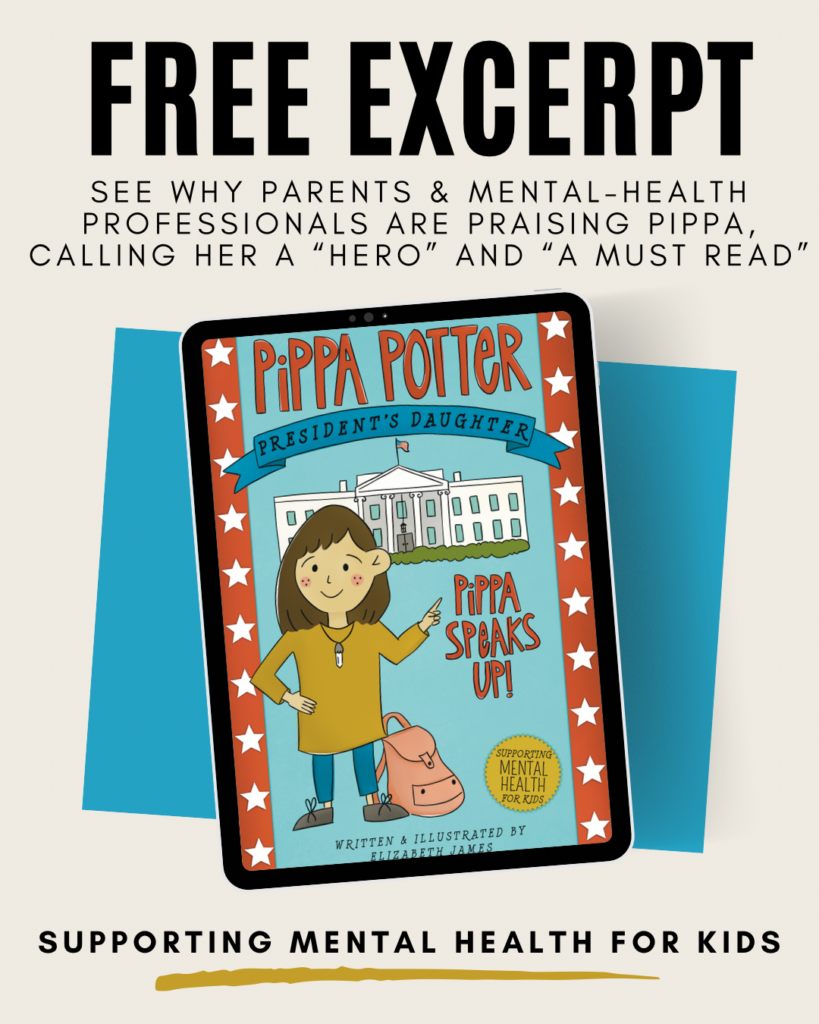This post is for all my fellow writers and is part of my new LiGHT WRiTE BiZ series of posts and resources, aimed at helping other writers navigating the publishing industry by providing some of my own tried-and-true tips and resources. Make sure you subscribe so that you never miss
This post is for all my fellow writers and is part of my new LiGHT WRiTE BiZ series of posts and resources, aimed at helping other writers navigating the publishing industry by providing some of my own tried-and-true tips and resources. Make sure you subscribe so that you never miss

